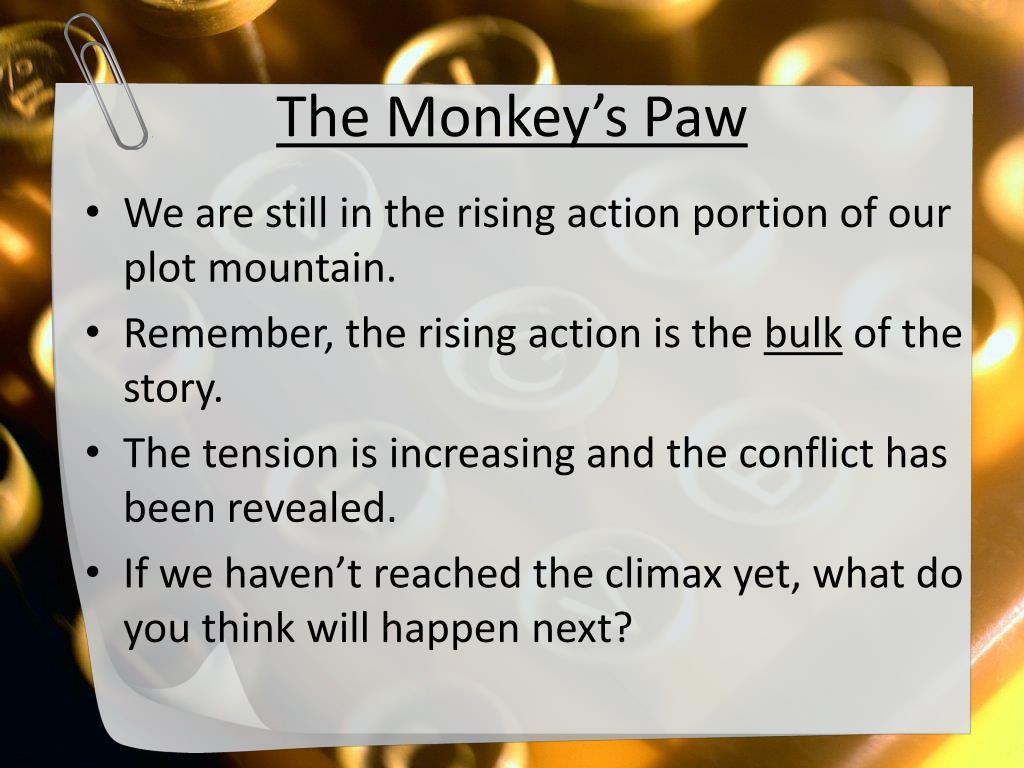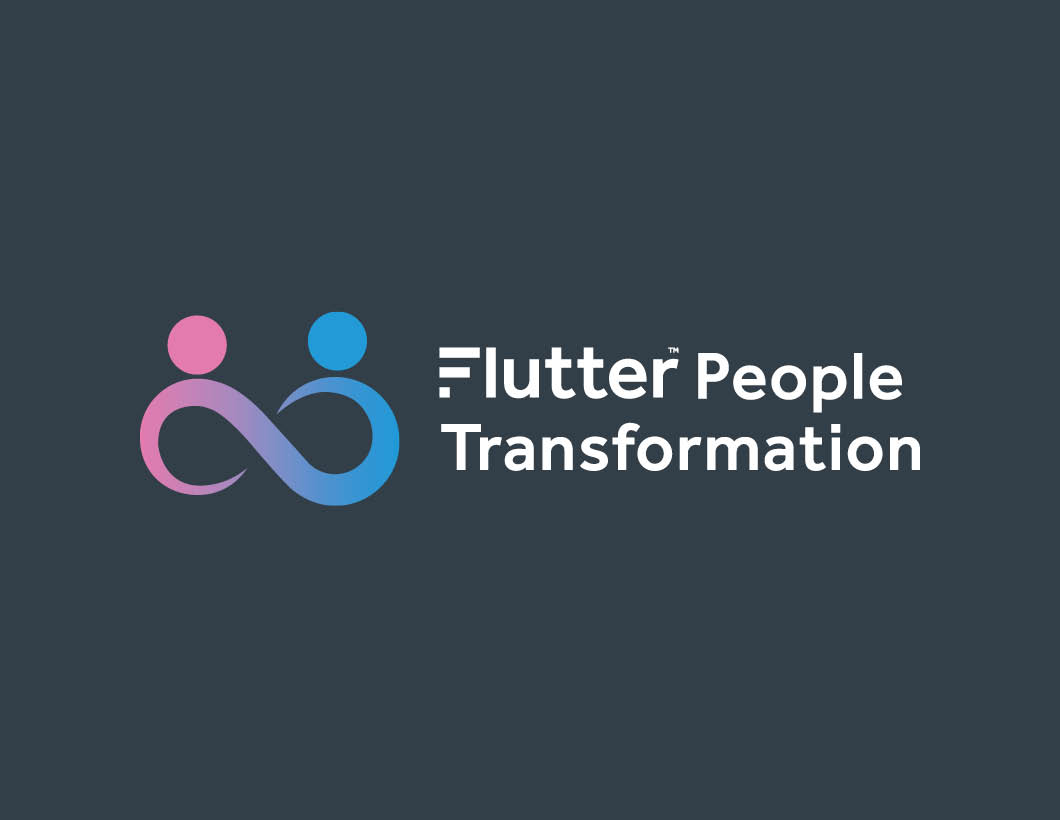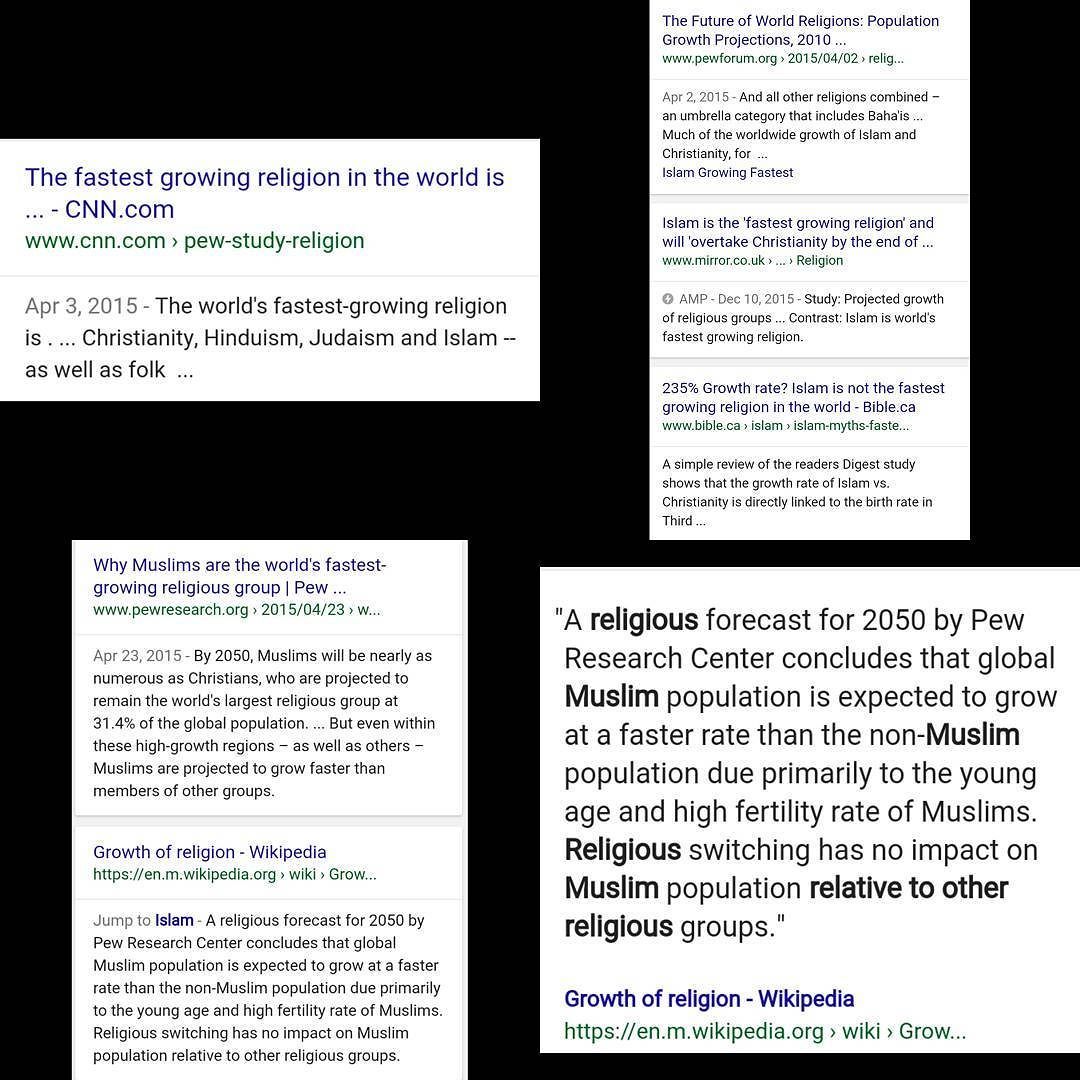Is Public Health a Social Science? Uncovering Its Interdisciplinary Nature and Career Pathways
Understanding Public Health: Science, Social Science, or Both?
Public health is a dynamic field that goes beyond medicine and biology to address the conditions that help communities thrive. Its core mission is to prevent disease, prolong life, and promote health through organized community efforts. This mission includes everything from clean water initiatives and vaccination campaigns to health education and policy advocacy. The field draws upon a spectrum of disciplines-biology, epidemiology, environmental science, sociology, psychology, economics, and political science-to achieve its goals [1] , [5] .
The Social Science Dimensions of Public Health
While public health has deep roots in the natural sciences, a significant part of its work is grounded in the social sciences. Understanding how social factors-such as culture, economics, politics, and behavior-influence health outcomes is essential for designing effective interventions. For example, addressing vaccine hesitancy requires insights from psychology and sociology, while improving access to healthy food often involves economics and urban planning [3] , [4] .
The World Health Organization recognizes health as more than just the absence of disease: it is a state of complete physical, mental, and social well-being. Public health professionals work to create conditions that support this holistic view, using both scientific evidence and social science theory to inform policies and programs [4] .
Why Recognizing Public Health as a Social Science Matters
Viewing public health through a social science lens broadens the field’s ability to tackle complex health challenges. Social determinants-like income, education, housing, and discrimination-are as influential on health outcomes as genetics or pathogens. Policies that address these determinants can lead to longer, healthier lives for entire populations. For example, anti-smoking campaigns combine medical research on tobacco risks with communication strategies rooted in social psychology [5] .
Recognizing the social science aspects of public health also supports health equity. By understanding the societal structures that lead to health disparities, public health professionals can advocate for changes that ensure everyone has the opportunity to be healthy, regardless of their background or circumstances [1] .

Source: wattsantenna.com
Practical Applications: Public Health in Action
Public health professionals work in many settings, including government agencies, nonprofits, research institutions, and private companies. Their daily work might include:
- Tracking disease outbreaks and designing vaccination strategies
- Investigating environmental hazards and advocating for policy changes
- Developing educational campaigns to reduce risky behaviors
- Analyzing health data to identify trends and disparities
- Collaborating with community organizations to improve access to care
To illustrate, the response to the COVID-19 pandemic required scientific expertise in virology and epidemiology, but also relied heavily on social science disciplines. Public health leaders needed to understand how misinformation spreads, how to encourage protective behaviors, and how economic policies could affect health outcomes [2] .
How to Pursue a Career in Public Health
If you are interested in the intersection of science and social science, public health offers a wide array of career paths. You can contribute to disease prevention, health promotion, policy development, and community engagement. Here are actionable steps to enter the field:
- Research Academic Programs: Consider degrees in public health, community health, epidemiology, biostatistics, or health policy. Many universities offer undergraduate and graduate programs. To find accredited programs, visit the official websites of the Association of Schools and Programs of Public Health or use the academic program finder tools provided by leading universities [1] .
- Develop Multidisciplinary Skills: Public health employers value candidates with skills in data analysis, communication, cultural competency, and policy analysis. Consider taking courses in sociology, psychology, statistics, and environmental science in addition to core public health coursework.
- Gain Practical Experience: Look for internships or volunteer opportunities with local health departments, community organizations, or research institutes. These experiences help you apply classroom knowledge to real-world challenges and make valuable professional connections.
- Explore Professional Certification: Some positions require or prefer certification, such as Certified in Public Health (CPH). For more information, research the National Board of Public Health Examiners or relevant professional bodies.
- Stay Informed and Network: Join professional associations like the American Public Health Association (APHA), attend conferences, and subscribe to public health newsletters to stay current with trends and policy developments [5] .
To access public health education or career resources, you can search for accredited public health schools through university websites or visit your local library for academic guidance. Many government agencies such as the Centers for Disease Control and Prevention (CDC) and the U.S. Department of Health and Human Services provide up-to-date information on public health issues and workforce development. Search for “CDC public health careers” or “HHS public health training” for current opportunities.
Challenges and Solutions in Public Health Practice
Public health professionals face challenges such as resource limitations, political pressures, and resistance to change. Addressing these obstacles often requires advocacy, coalition-building, and creative problem-solving. For example, implementing new vaccination policies might require extensive public education efforts and partnerships with community leaders to overcome skepticism or misinformation [3] .
Alternative approaches include using digital media to disseminate health messages, engaging with non-traditional partners (such as local businesses or faith communities), and focusing on policy change at the local level, where it can have immediate impact. Flexibility and ongoing learning are essential traits for success in this field.
Key Takeaways
Public health is not just a science or a social science-it is an evolving, interdisciplinary field that draws from both domains to improve the well-being of individuals and communities. Its success depends on understanding both the biological and social determinants of health. Whether you are interested in research, advocacy, or direct service, there are multiple pathways to make a difference through public health. To get started, research accredited programs, seek practical experiences, and connect with professional organizations.

Source: blogs.biomedcentral.com
References
- [1] UC Berkeley Library Guide (2025). Comprehensive overview of public health definitions, theory, and career resources.
- [2] Walden University (2025). Explanation of public health’s role and importance in modern society.
- [3] KFF (2025). Analysis of public health’s evolving definitions and social impact.
- [4] Wikipedia (2024). Public health definitions and interdisciplinary context.
- [5] American Public Health Association (2023). Public health field overview, examples, and professional pathways.
MORE FROM cheerdeal.com













